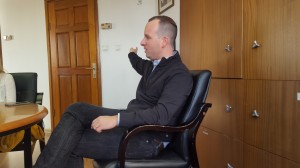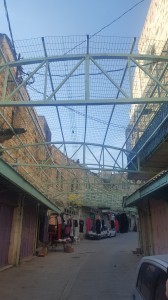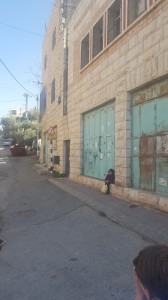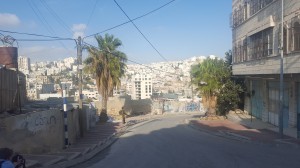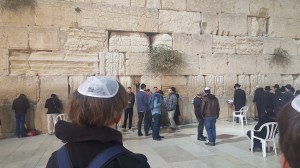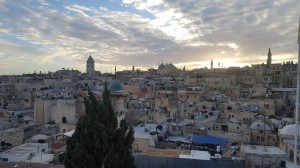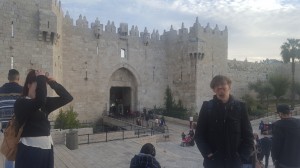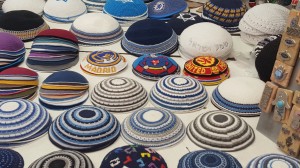I always thought that as a European, one has to visit the three main birthplaces of the European civilization; Rome, Athens and Jerusalem. I have now completed a visit to the third and last remaining one on my list: Jerusalem.
I went there on a one week study trip with Uppsala Association of International Affairs (UF). The purpose was to learn more about the Israeli society and of course about the Conflict (with capital C). The Israel/Palestine conflict gets more complicated the more one learn about it. Even more so after going there on this study trip. Yet, many people with no connection to the region tend to pick a side. Of course one should condemn human right abuses by Israeli soldiers as well as Palestinian rockets and terror acts against Israelis, but I believe the situation is too complicated to take a side on the macro level. I will come back to this in the end of this blog post.
Interesting meetings when travelling with UF
I had traveled with UF three times before; to the Balkans in 2010, Egypt in 2011 and the Caucasus in 2012. More often I travel as an individual, which has its pros and cons. A new big group, of whom you initially know no-one, can be exhausting if you have a mild form of prosopagnosia :-D, but it turned out to be a nice group. An advantage with this way of travelling is that you get to meet organisations that is hard to book meetings with by yourself.
In my opinion, the most interesting of the meetings was the one with the Jerusalem Post because they gave a more explanatory background to Israel’s policies on the occupied areas, from Israel’s own perspective. The Israeli experiences from withdrawing from Gaza is for example not very good. And if they had returned the Golan heights to Syria ten years ago, the heights might have fallen into Daesh’ hands, or at least being used by the Assad regime. Most of the other organisations we met were different kinds of human rights organsisations, which was also very interesting, but the JP-meeting fulfilled a very important complementary role.
But I will not focus that much on the meetings as such here, You can read about them on UF’s own blog. I will give some personal reflections about the trip and about the Conflict.
Nice people and high security
It was fun to see that many Palestinians are very happy for the Swedish recognition of the state of Palestine. Sweden was the first, and so far only, EU-country to make this recognition. This gratitude rendered free bread, postcards, stamps and many nice comments. But also many Israelis were very nice in a more direct and friendly way than one would see in Europe. Random curious people starting to ask curious questions on the street. If I had been paranoid I would have thought they might be from the security service pretending to ask innocent curious questions – but I am not paranoid so I believe they were just ordinary curious people. The ground for potential paranoia is the ridiculously numerous question at the airport on departure, and to certain extent on arrival. 🙂
Is a solution possible?
As I wrote already in the beginning of this post, the conflict is extremely complicated. When religion is involved, the room for compromise is smaller. How do you argue with someone who claims they have God on their side? There are however moderates as well on both side, and that is why I do believe in a solution, eventually. Peace was not far away in the 90’s so we can get there again but then we need new leadership on both sides.
Israel is a democracy so they have free and fair elections and can chose a new path anytime. The problem is that Palestine is not a democracy and even if the Palestinian people would want peace, they have a harder time influencing their leaders. Again we see that democracy is often a necessary condition for peace. Therefore I believe a Palestinian democracy needs to come first, then there can – eventually – be a two state solution which probably needs to include some kind of international surveillance to guarantee Israel’s security.
The Israeli settlers in Palestine is – in contrary to what many say – not necessarily an obstacle for a two-state solution. There are ethnic minorities in many countries and the Jews in an independent Palestine needs to be guaranteed rights, like the Arabs in Israel.
There are many more things that could be said – both about the trip and about the conflict – but this will do for now. 🙂
